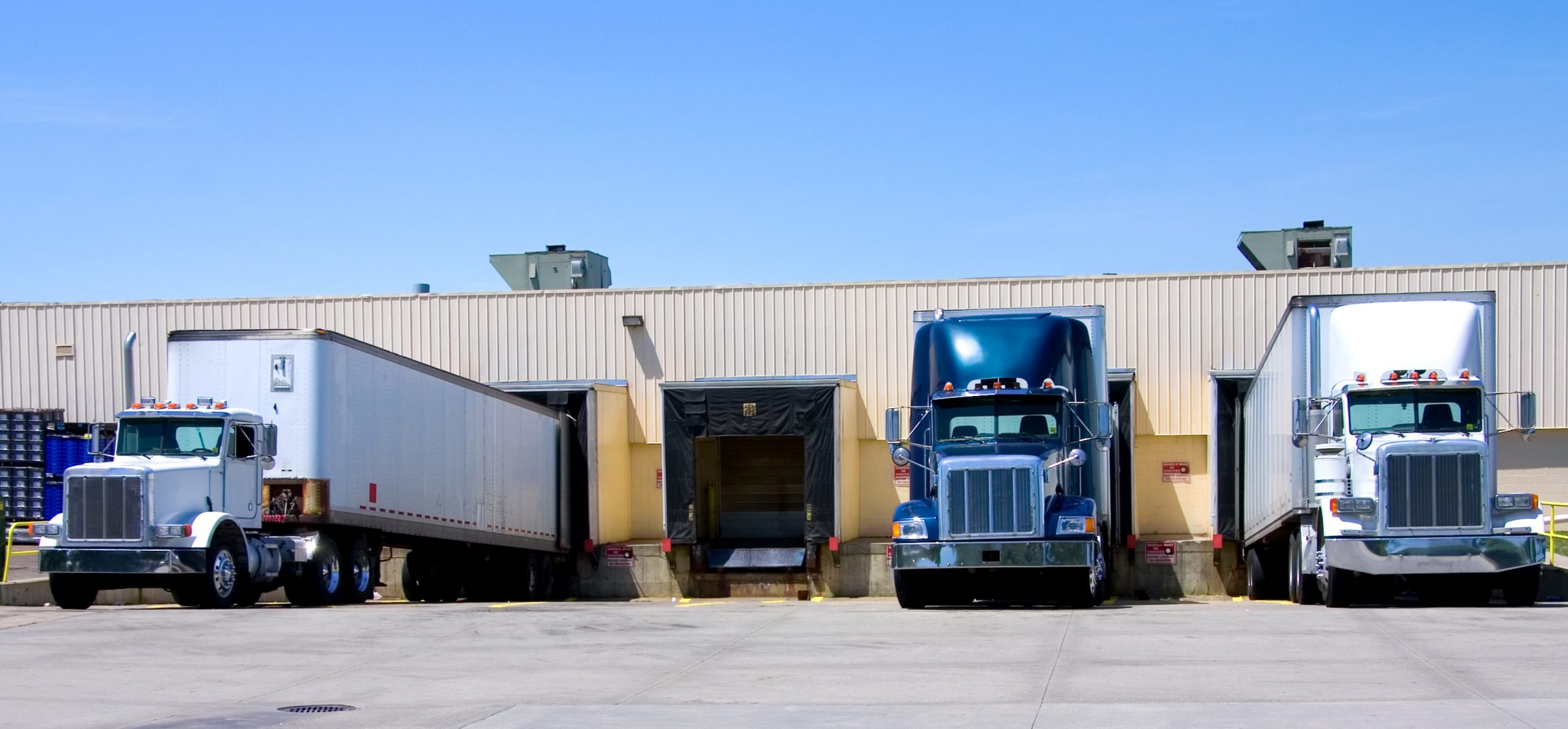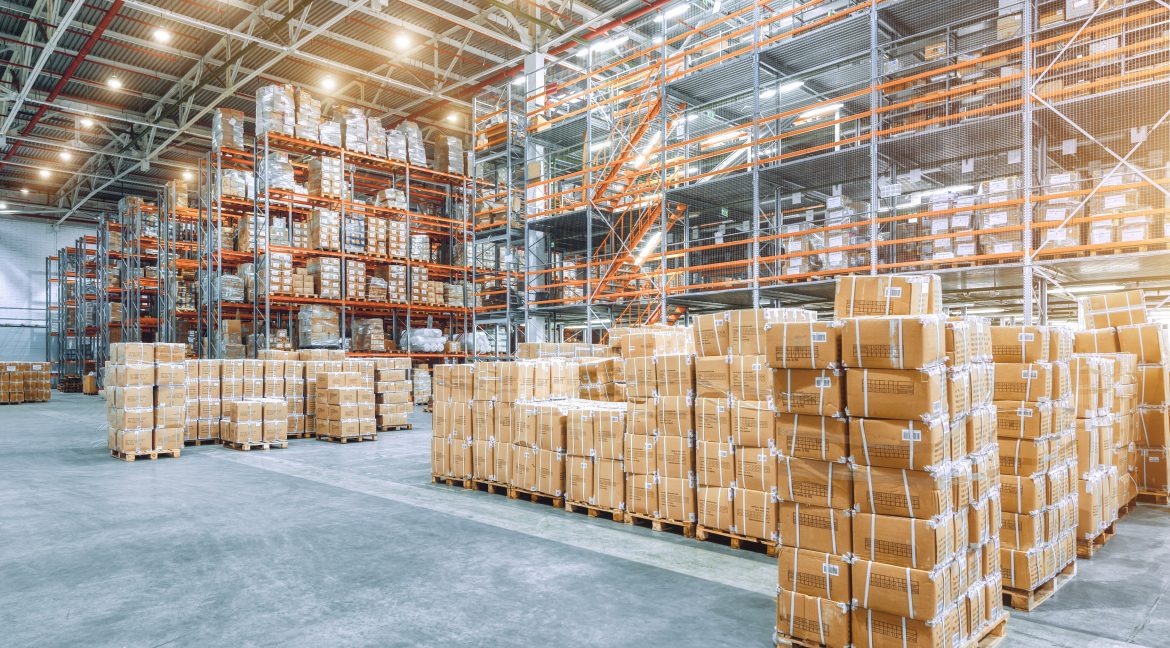If you have a business that requires a large space for manufacturing or storage, you’ll most likely need a warehouse to help you out. On top of business expenses, warehouse leasing can be an additional budget to figure out and can take time away from your business. Therefore, understanding warehouse leasing can give you a leg-up on the property search and save you time in the long run.
What Do You Need?
Depending on your business or the reason for leasing a warehouse, you’ll need to determine what sort of things you need your warehouse space to have. This can include several different things, such as loading docks, temperature control, or an employee workspace. If you plan to use your warehouse to manufacture products, you will need to keep that in mind and find a warehouse with adequate space to fit manufacturing equipment and machines. Also keep in mind that extra features, such as temperature control, will likely cost more and raise the price of renting or the lease itself.
Search the Market
Once you’ve discovered and finalized what you need in your warehouse, you should begin to search for available properties in your desired location. Use your list that you created of things you need and want in your warehouse. With warehouse renting, it can be difficult to find the perfect property with all the different things you need. If you are struggling to find a warehouse that fits your needs and location, consider contacting a commercial real estate agent to help you search for properties.
Warehouse Leasing
The majority of warehouse leasing properties will be rented based on their square footage. This is especially important when leasing a warehouse with shared spaces between industries or businesses. Depending on the warehouse rental agreement, you’ll most likely be paying for your warehouse space, along with the cost of any common or shared areas in the warehouse.
Utilities and Expenses
The majority of warehouse rental agreements will most likely have you pay into the building’s operating expenses and utilities. Depending on your agreement, you may be paying your share of the expenses in a full service lease. In a gross lease, your landlord will be paying all the expenses, but you can expect rent to be higher as a result.
Escalation Clause
An escalation clause in a warehouse leasing agreement allows your landlord to raise the price of your rent without having to renegotiate the contract or agreement. Different leases have different metrics that landlords use to determine an increase in rent, so make sure you are aware of this clause when negotiating your lease.
 Renewal Clause
Renewal Clause
This part of the leasing contract or agreement will give you and your business rights to extend your lease based on stipulations agreed upon by both parties before signing the contract. Make sure to pay attention to any possible price increases that come along with this negotiation and be sure that you will be prepared for those increases when the time comes.
Subletting
Once you have signed a warehouse leasing agreement or contract, it becomes a binding agreement. If you later find this space isn’t working for you and your business, you will still be required to pay rent for the space, whether you are using it or not. A subletting agreement in your contract will allow you to rent out your space to another so that you aren’t stuck with the expenses and the space isn’t going to waste.
Find a Warehouse Lease through Schwarz Properties
Schwarz Properties can help you find the perfect warehouse space for your business in North Carolina, South Carolina, and Virginia! Visit our website or call (336) 625-6076 today!



